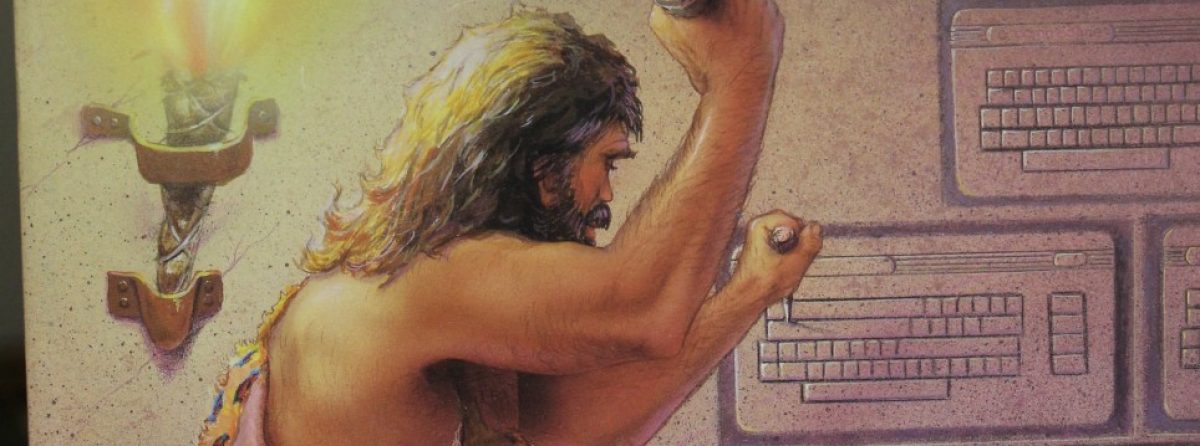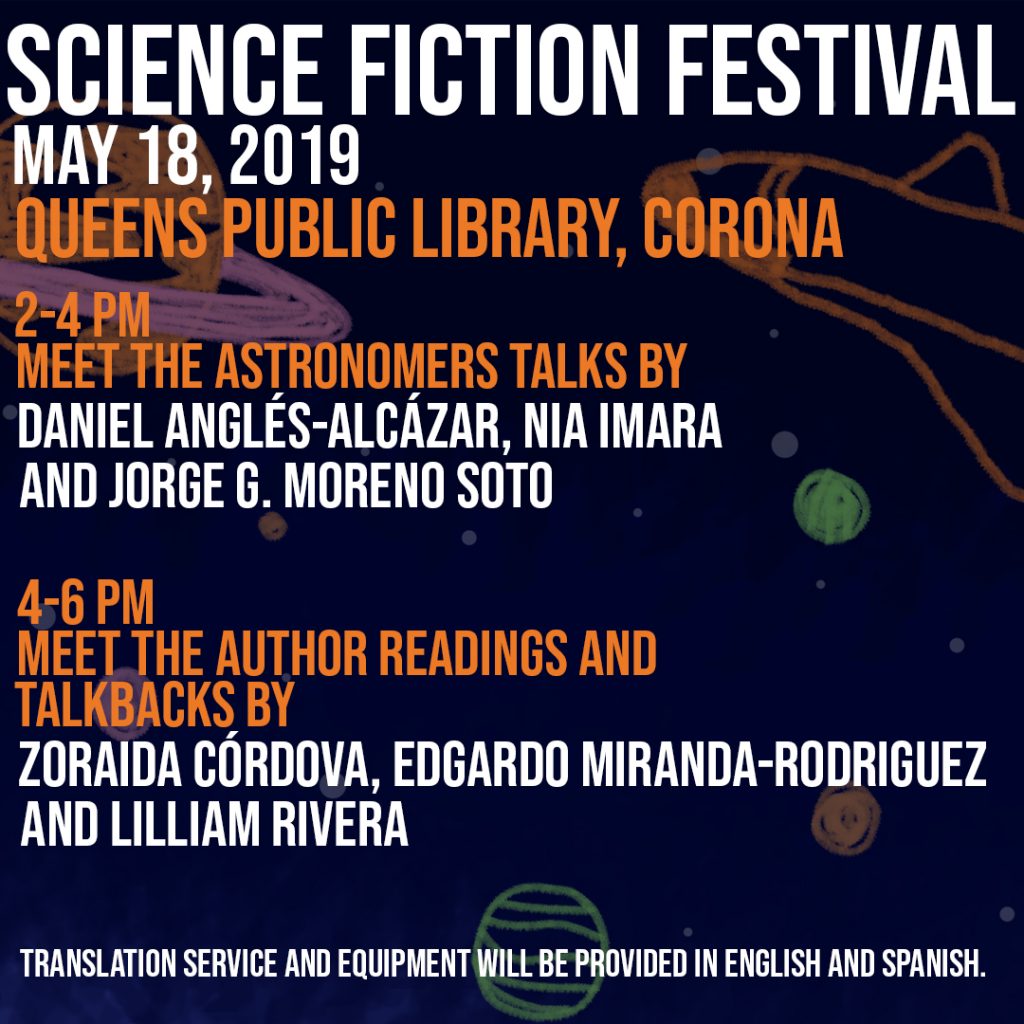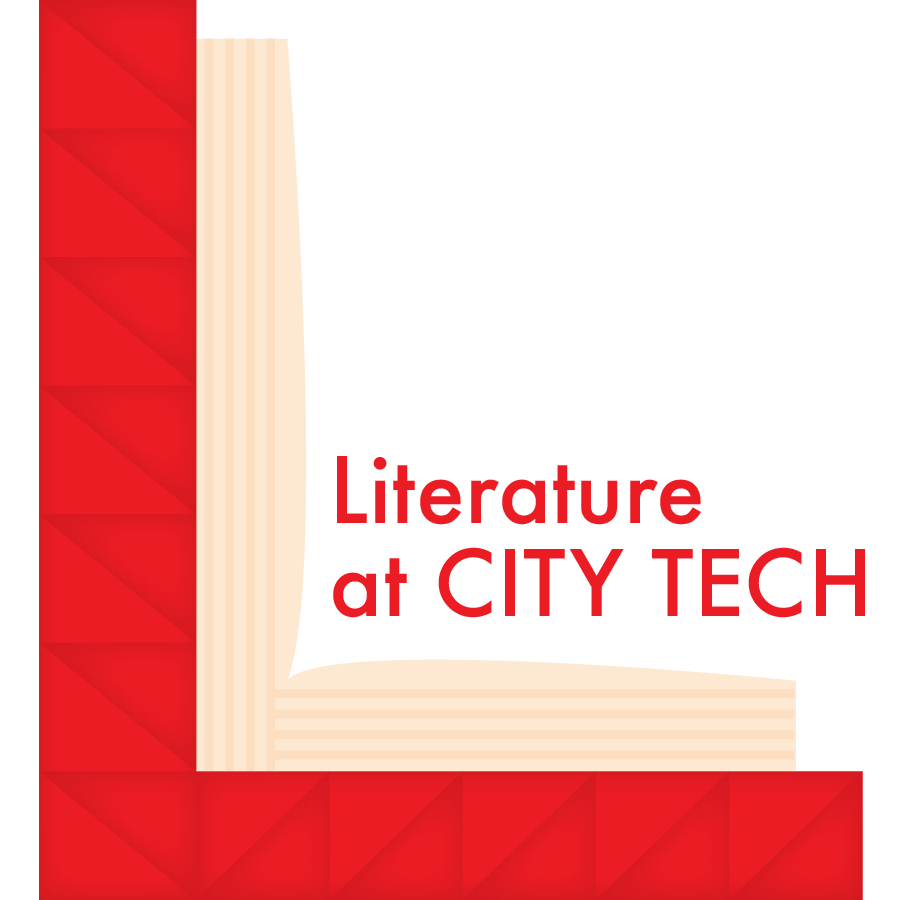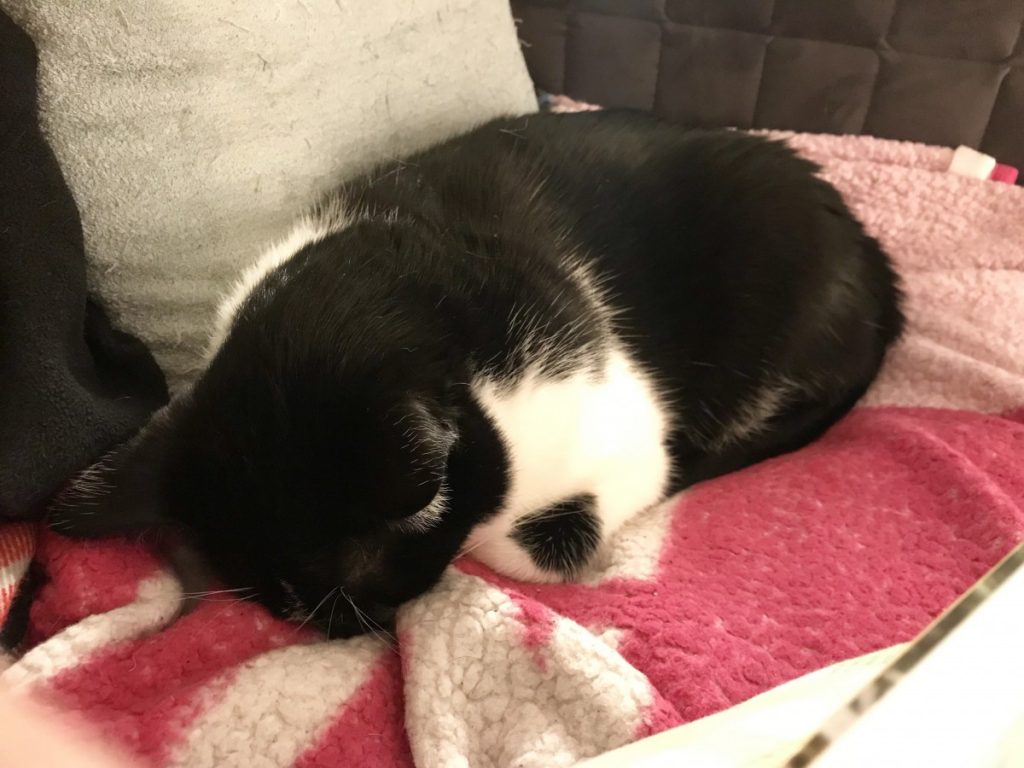I just learned about the upcoming Science Fiction Festival this weekend in Corona, Queens. It has an outstanding lineup of scientists and science fiction writers. You may earn extra credit if you attend some part of the festival and write a memo of at least 250-words summarizing what you learned, who you spoke with (why not ask a question of a speaker during the Q&A session and write about that?), etc. Details are below:
Author: Jason W. Ellis
Example of Recent Plagiarism in the Wild
Let’s discuss this story in class today.
Also, I’ll quickly remind everyone about page breaks and hanging indents.
And, mention final essay submissions by email (Word docx file, emailed as attachment, include a subject and message, and if you’re using Google Docs, use the File > Email as Attachment option).
Presentation Assignments for Next Week
The order of presentations will be generated using random.org during class.
Class Roll
- Barredo,Rolando
- Charles,Teinelle
- Faroque,Shayeri
- Jimenez,Keyri
- Kaid,Mohamed
- Lino-frazier,Ashley
- Liu,Rilly
- Lolagne,William
- Mardakhaev,Joshua
- McFarlane,Kyrah M.
- Mitchell,James
- Pierre,Eugenia
- Sumpter,Tyqua L
- Tomaino,Giovanni
- Tsui,Sze Ting Asther
- Yang,Tiffany
Order of Presentations
1st Day
10
16
4
12
11
8
9
6
2nd day
2
1
3
5
14
7
13
15
Test Taking Strategy Workshop, Thursday, May 9, 12:45pm-2:15pm
Test Taking Strategy Workshop
Thursday, May 9, 12:45pm-2:15pm
Room L-237
Covering:
- Prepare for finals effectively
- Make the most of your knowledge on exams
- Use test instructions to your advantage
More information: Center for Student Accessibility, 718-260-5143
Summer and Fall 2019 Literature Courses at City Tech
You can find all of the Summer and Fall 2019 Literature courses on offer at City Tech here.
Two special topics classes, which are unique classes offered only once or rarely, include the following:
Final Exam Review
[This is a sticky post. Scroll down to see other updates to the class.]
To give you all more time to work with the computers in our classroom, I decided to “flip the classroom.” What this means is that I recorded the final exam review for you to watch outside of class instead of taking up class time to review the readings. Of course, you may ask me questions about the review during our class time leading up to the last day of class, but you should watch this video and make notes on it beforehand.
Class Updates and Revised Assignment Dates
- According to the syllabus, the final research project is due on Tuesday, May 14. I am changing this to an extra credit due date. If you turn it in on that day, you can earn up to 10 bonus points for a total of 110 possible points. If you turn it in by the last day of class, you can earn up to 100 points. This rewards those students who are ready to submit their work while giving other students a little breathing room to submit their best possible work. I don’t want folks to rush their project to get the extra credit as turning it early for the extra credit might not give you as high a grade as having taken extra time to complete the project. The goal is to have a strong final project.
- On Thursday, May 2, I will talk about the final presentations and give you a demonstration of a model that I created based on the sample essay that I wrote for you. The final presentations remain scheduled on Tuesday, May 14 and Thursday, May 16. I will assign the order of presentations using random.org.
- The last two readings on the syllabus are now extra credit questions on the final exam. I will cover these in my final exam review on Thursday, May 9.
- The final exam will now be a take home exam. I will supply you with a question sheet and blue books to hand write your responses into. These will be given out on Thursday, May 16. Return them to me on the last day of class on Tuesday, May 21. If you are absent on the 16th, you may take the exam in class on May 21.
- All work in the class must be completed by the end of class on Tuesday, May 21.
At This Critical Moment in the Semester
Extra Credit Opportunity: Working and Writing for the United Nations
If you attend this talk, write at least 250 words discussing what you learned and email it to me as a Word docx file. I recommend attendees keep out their notebook to take notes at this and any other talk that you attend. It will help you remember key points and it will make you look more impressive by demonstrating that you are paying attention. Of course, put away your cell phones after silencing them at this event and other professional meetings.
Please join Dr. Joseph Jeyaraj and your PTW peers for a talk by Craig Hanoch, Information Management Officer,
Programme Management and Business Analytics Section
Human Resources Services Division
Department of Operational Support
PMBAS | HRSD | DOS | United Nations
United Nations Secretariat
Working And Writing For The United Nations
Mr. Hanoch will talk about the different types of professional and technical writing he uses as an official of the United Nations and as well the writing he himself does in his work for the United Nations.
He will also discuss the types of work people in the UN do including work he himself does. While doing so he will discuss the travel he does for the United Nations, the people he meets during these travels, the use of technology in his work, and working stateside and cross culturally overseas as well.
The talk will be at 10.00 am in Namm 601B this Thursday, May 2nd.
Experience and Resume Building
Gain Experience, Get Involved, Be a Leader
First Year Summer Program Peer Mentors
City Tech Student Government Association (SGA)
Hobbies and Clubs in NYC (meetup.com)
Society of Technical Communicators, New York Metro Chapter
Resumes and Job Application Letters
- Create a big list (work experience, responsibilities, education, awards, honors, hobbies, languages, leadership positions, professional societies, software, technical skills–use as a reference and as a way to reflect on gaps in your experience that you would like to fill)
- Turn your big list into a LinkedIn.com Profile and network with others (build meaningful connections, not “Facebook friends”).
- Study job ads and research the companies offering jobs. As your network grows on LinkedIn.com and IRL, you can ask others about the prospect of working at a company. Otherwise, you will need to use the databases (Lexis Nexis is a good place to start) and web and social network searches (financial websites, news websites, Twitter, etc.). This research is essential for a stronger application, and it helps you identify who you should address your letter to (if this isn’t already listed on the job ad–of course, you can call or visit the company office to inquire–be professional, introduce yourself, explain that you’re applying for x job and you’d like to find out to whom you should address your application, and look/sound the part as you’re already being evaluated/interviewed).
- Ask yourself after your research, is this a place where I want to work? Would I be a good fit for this workplace? Consider what kind of workplace culture you would contribute to and thrive in best. Consider your career goals and how this job will help you along your path to achieving those goals.
- Create multiple versions of your resume and customize each for specific job listings. Examples:
- Write job application/cover letters for specific job listings, strongly connect your letter to your resume, and write your letter as an argument for your suitability for the job and your deserving an interview. Example:
- eng1133-job-application-letter
- eng1133-job-ad-technical-support (the letter and resumes above are responding to this ad)
- Practice interview questions with friends and family. Write down some basic answers, but don’t recite them by heart. Think about how to connect your basic answers to some aspect of the job to which you are applying.
- Use your City Tech email when applying for jobs as a student. It proves that you are enrolled. You can also use your City Tech email after you graduate–it’s an alumni privilege that shows that you are an alumni.
- Keep things focused on the job ad, the company/organization (based on your research and word-of-mouth), and how you can add value to the company by joining their team.
- Unless it’s an internship, never say that you will gain experience and learn things working there–while that should happen regardless, you want to show and explain what you can give to the company.
- Provide concise, keyword-driven evidence in your resume and describe it in your letter and interview.
- Don’t use generic templates for your resume and letter. Take command of how you present yourself, but adhere to KISS principles as a machine will likely be “reading” your resume before a person does and computers can get confused by watermarks, colorful designs, etc. Here are some other models for resumes and letters:
- Loading...






